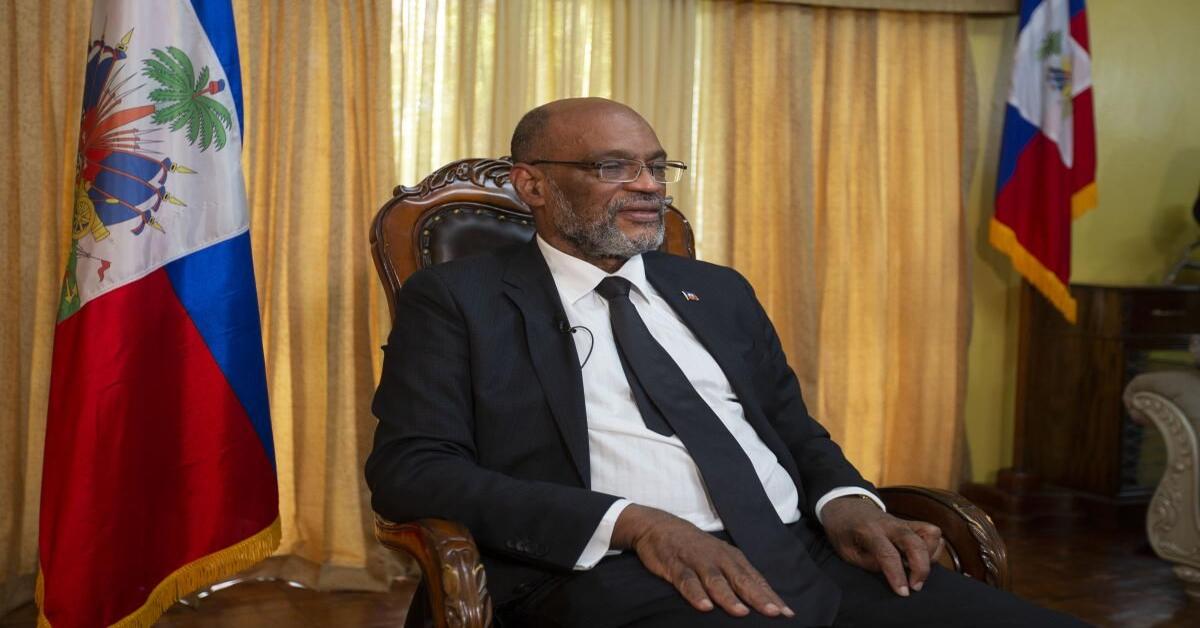
Haitian Prime Minister Ariel Henry announces resignation amid escalating violence and international calls for a political overhaul in Haiti
Haitian Prime Minister Ariel Henry has announced his resignation amid the country's worsening security crisis.
"The government that I am leading will resign immediately after the installation of (a transition) council," Henry stated in a video address. This resignation follows intense violence and pressure from both domestic and international actors.
Henry, who became the interim leader following the assassination of President Jovenel Moise in 2021, had his leadership marred by allegations of corruption and inability to control the armed gangs that now dominate much of the capital, Port-au-Prince.
The crisis escalated as gangs united to demand Henry's resignation, engaging in widespread violence, including attacks on police stations and the main airport, culminating in the release of thousands of inmates from Haiti's prisons.
Henry's inability to enter the country because of these gang activities led to his extended stay in Puerto Rico.
He had been barred from entering the Dominican Republic and could notland in Haiti.
In response to the growing turmoil, the Caribbean Community (CARICOM) held an emergency meeting in Jamaica, where U.S. Secretary of State Antony Blinken proposed a U.S.-supported plan for political transition.
This plan includes forming an independent presidential college and allocating additional U.S. aid to stabilize Haiti.
Blinken emphasized the meeting's importance, saying: "It was critical for Haiti and the region."
Ariel Henry announced that a transitional presidential council would replace his government. This council will comprise various coalition representatives, the private sector, civil society and a religious leader. It will focus on organizing free elections and addressing Haitians' immediate needs.
The United States has pledged more support, with additional funds for a U.N.-backed security force and humanitarian aid, underlining the situation's critical nature.
"I want to thank the Haitian people for the opportunity I have been granted. I'm asking all Haitians to remain calm and do everything they can to bring peace and stability back as fast as possible," Henry added.
Guyana's President and current CARICOM chair, Mohamed Irfaan Ali, confirmed the resignation, acknowledging: "We acknowledge the resignation of Prime Minister Ariel Henry upon the establishment of a transitional presidential council and the naming of an interim prime minister."
Adding to the international response, El Salvador's President Nayib Bukele has offered his administration's assistance in resolving the Haitian crisis.
Drawing from his experience in combating gang violence in El Salvador, where his administration has significantly reduced homicides, Bukele suggested a similar approach could be beneficial for Haiti.
However, this would require a United Nations Security Council resolution, Haiti's agreement, and covered mission expenses.
This proposal comes as the Caribbean Community (CARICOM) convenes with international representatives to address Haiti's escalating crisis, highlighting the global concern and the search for effective solutions to restore stability in Haiti.
Source: Newsroom